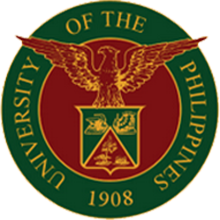Abstract:
This paper explores the shared experience of poverty and life in the margins in fishing and copra-producing communities on the eastern side of Samal Island, Davao Gulf. Incorporating data from fieldwork experiences in 1996-97 and records of four fish compradors over 22 months, the paper describes the computation of income, prices and family budgets, and fisher generosity and community appropriation of fish on the shore to sketch the outlines of the moral economy. Analyzing the logic of demand-sharing and inter-dependency between domestic units, the paper follows the "social life" of fish that are important as food and are at the same time good as cash. This metaphor of fish being money is illuminated by a discussion of the credit relations with the compradors that also own sari-sari stores. Fish compradors also enable access to the market which is ruled by the system of "suki" or preferential exchange relationships. And as converters of value they mediate between community and the market, creating the boundaries between relations appropriate to each context.
open access
